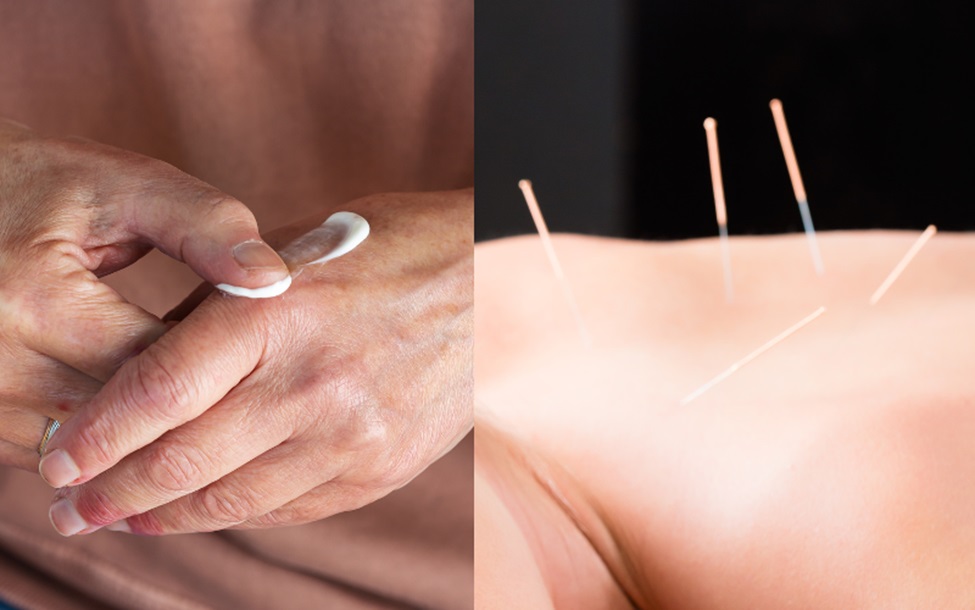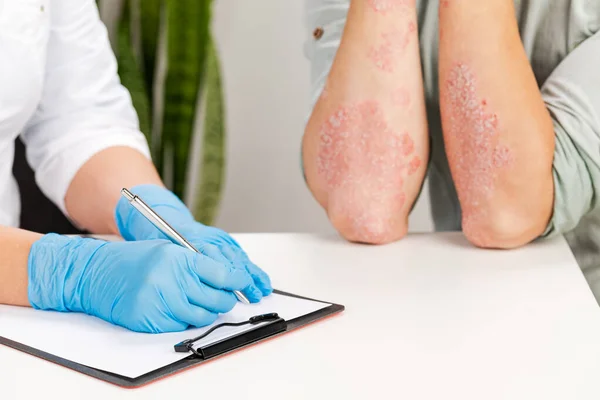
Psoriasis, a chronic skin condition characterised by red, scaly patches, requires effective management strategies. In Singapore, integrating modern treatments with Traditional Chinese Medicine (TCM) offers a comprehensive approach to managing this condition. This article explores how combining contemporary solutions with TCM can enhance psoriasis treatment in Singapore.
Modern treatments for psoriasis primarily focus on controlling symptoms and reducing inflammation. Topical treatments, such as corticosteroids, are widely used to decrease redness and itching. These medications are applied directly to the affected skin and are often effective for mild to moderate cases. For more severe cases, systemic treatments might be necessary. These include oral medications that work throughout the body to manage symptoms and suppress the immune system’s overactivity, which contributes to psoriasis.
Phototherapy is another modern treatment option that uses ultraviolet (UV) light to slow down the growth of skin cells. This approach can be effective for those who do not respond well to topical treatments alone. In some cases, biologic drugs are prescribed. These medications target specific parts of the immune system involved in psoriasis, offering significant relief for many patients.
While modern treatments provide substantial benefits, integrating TCM can offer additional support. TCM approaches focus on balancing the body’s energy, known as Qi, and improving overall health. For psoriasis, TCM may utilise a range of techniques including acupuncture, herbal medicine, and dietary adjustments.
Acupuncture is one TCM technique that can help manage psoriasis. This method involves inserting fine needles into specific points on the body to restore balance and improve circulation. Some studies suggest that acupuncture can reduce inflammation and support the body’s natural healing processes, providing relief from psoriasis symptoms.
Chinese herbal medicine plays a significant role in TCM hives treatment in Singapore. A Chinese herbal formula for hives, although primarily used for hives, can also benefit individuals with psoriasis due to its anti-inflammatory properties. These formulas may contain ingredients like Rehmannia, which is known for its ability to nourish the skin and reduce inflammation. Consultation with a qualified TCM practitioner is essential to determine the most appropriate herbal formula for managing psoriasis.

Diet is another crucial aspect of TCM. In TCM, dietary adjustments aim to balance internal health and support the body’s ability to manage psoriasis. Foods considered beneficial include those that are anti-inflammatory and rich in omega-3 fatty acids, such as fish and flaxseeds. Conversely, TCM practitioners might advise reducing the intake of foods that can exacerbate inflammation, such as processed foods and excessive sugar.
Combining TCM with modern treatments can offer a holistic approach to managing psoriasis. For instance, while modern medications address the immediate symptoms and underlying inflammation, TCM methods can help support long-term health and prevent flare-ups. The synergy between these approaches can enhance overall treatment efficacy and improve quality of life.
Patients seeking to integrate these approaches should consult with healthcare professionals experienced in both modern and traditional methods. A collaborative treatment plan, guided by experts in dermatology and TCM, can provide a balanced approach to managing psoriasis. This integrated strategy ensures that all aspects of the condition are addressed, from symptom relief to underlying health improvements.
In Singapore, various clinics offer integrated treatment options, combining the strengths of modern medicine with TCM. This approach not only helps manage symptoms but also supports overall wellness and quality of life. By leveraging the benefits of both modern treatments and TCM, patients can achieve a more comprehensive and effective management plan for psoriasis.
For more information about integrating psoriasis treatment with modern solutions and TCM in Singapore, contact Tangs Clinical TCM today.

